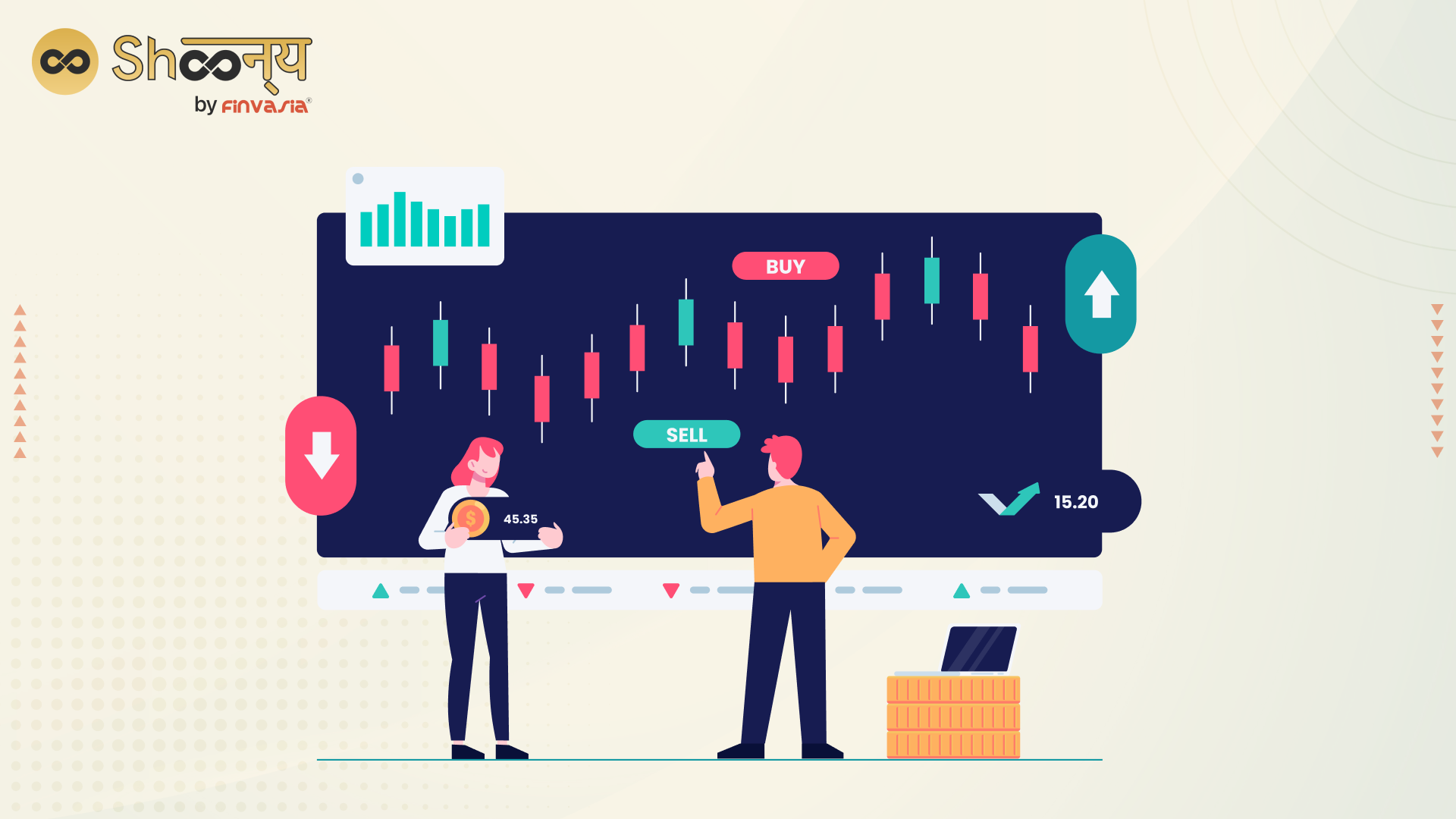In the dynamic world of financial markets, two prominent avenues for investment often overshadowed by stocks in India are forex (foreign exchange) and commodity trading. However, you need to know that forest trading is illegal for retail investors in India except for the four Indian currencies and four cross-currency pairs. This article aims to provide Indian investors with valuable insights into these markets, helping them make informed decisions tailored to their financial goals and preferences.
Forex Trading Explained
Forex, or foreign exchange trading, revolves around the exchange of international currencies in pairs. Major factors influencing currency prices include inflation, interest rates, economic conditions, trade balances, and geopolitical events. Notably, forex trading takes place via commercial companies, banks, investment management firms, retail forex brokers, and hedge funds. It stands as the world’s largest financial market, offering a plethora of currency pairs for trading.
In India, the following are the most traded currency pairs:
- Indian Currency Pairs- USD-INR, EUR-INR, GBP-INR, JPY-INR.
- Cross Currency Pairs- EUR-USD, GBP-USD, and USD-JPY.
Commodity Trading Unveiled
On the other hand, commodity trading deals with buying and selling tangible goods like metals, energy products, agricultural produce, and bullion. In India, commodity trading occurs on well-regulated exchanges like the Multi-Commodity Exchange (MCX) and National Commodity and Derivatives Exchange (NCDEX). Traders can diversify their portfolios by investing in futures contracts, obliging them to purchase or sell commodities at predetermined prices in the future.
Forex vs. Commodity Trading
Let’s delve into a comparative analysis of these two investment avenues.
Capital Allocation
- Forex: Forex trading allows for relatively lower initial investments, making it accessible to traders with limited capital.
- Commodity: Commodity trading typically requires more substantial capital due to the nature of the underlying assets.
Risk Considerations
- Both forex and commodity trading entail risks. Forex may offer better risk management options with the use of stop-loss orders.
Time Commitment
- Both markets demand time and effort for research and analysis. Commodity traders need to consider supply and demand factors, while forex traders must analyse economic data and currency pairs.
Regulation
- Commodities are subject to tighter regulations, including daily trading limits on exchanges. Forex markets are less regulated.
Liquidity
- Forex markets are highly liquid, enabling traders to access their funds quickly in emergencies.
Market Hours
- Forex markets operate five days a week, 24 hours a day, providing flexibility for traders. Commodity markets have set trading hours.
Leverage
- Forex offers higher leverage compared to commodity trading.
Factors Influencing the Choice: Several factors can influence an investor’s choice between forex and commodity trading:
- Personal Preference: Some traders may find commodities more relatable due to their tangible nature.
- Regulatory Comfort: Forex markets are less regulated, which may appeal to some investors seeking flexibility.
- Risk Tolerance: Assess your risk tolerance and choose the market that aligns with your comfort level.
- Capital Availability: Consider your available capital for investment, as this may dictate which market is more accessible.
- Currency Exposure: Some currencies are tied to commodities (e.g., AUD to gold), allowing for a blend of forex and commodity exposure.
Conclusion
Forex and commodity trading offer unique opportunities for Indian investors to diversify their portfolios and potentially generate returns. Your choice should align with your financial goals, risk tolerance, and investment capital. Remember that both markets require dedication, research, and continuous learning. Make an informed decision and embark on your investment journey with confidence.
FAQs| Forex vs. Commodity Trading
Yes, some investors choose to diversify their portfolio by trading both markets, allowing for exposure to different asset classes.
Implement risk management strategies like setting stop-loss orders and practising disciplined trading.
Beginners commonly trade major currency pairs like EUR/USD and GBP/USD due to their liquidity and lower spreads.
Popular commodities in India include gold, silver, crude oil, natural gas, and agricultural products like cotton and sugar.
The minimum capital required for forex trading can vary but is often relatively low, allowing traders to start with a few hundred dollars.
______________________________________________________________________________________
Disclaimer: Investments in the securities market are subject to market risks; read all the related documents carefully before investing.

